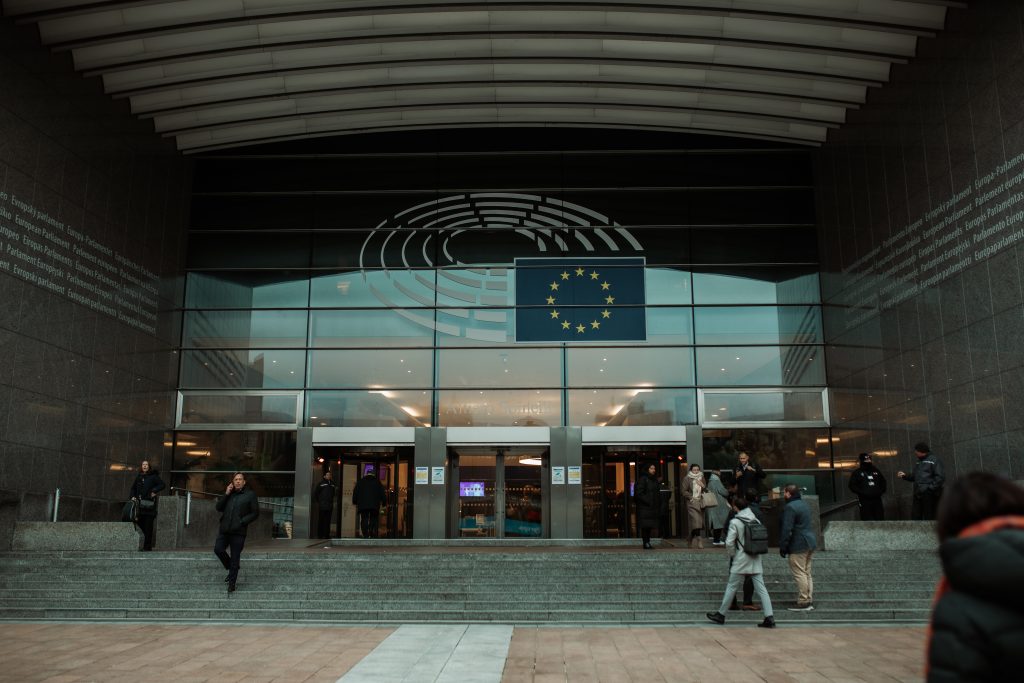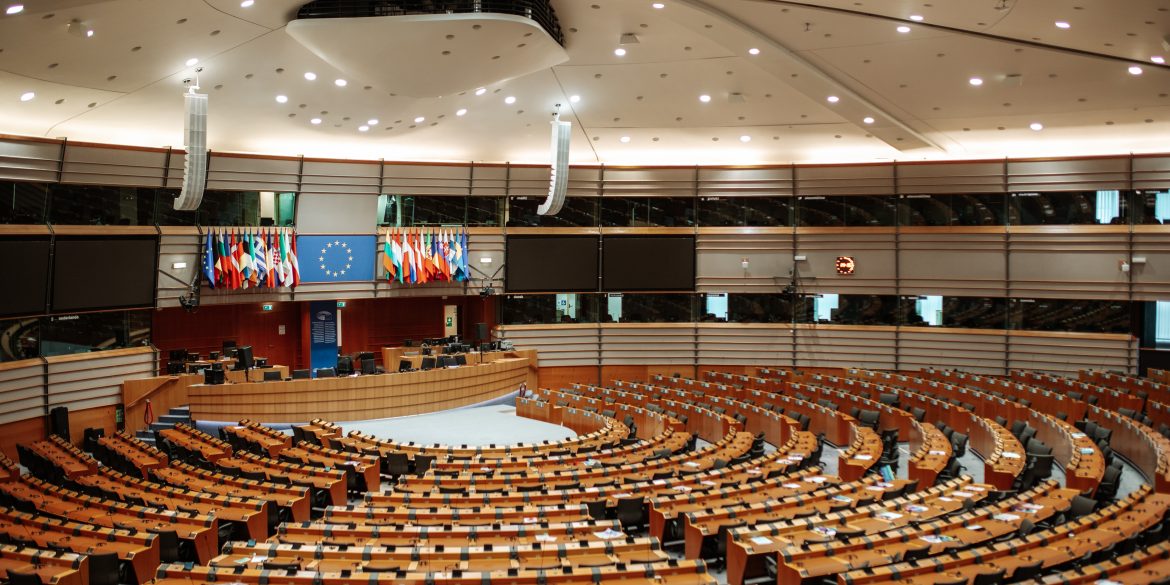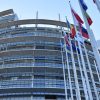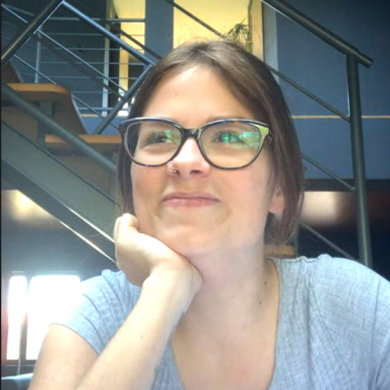The conflict between Israel and Palestine is an omnipresent phenomenon, dominating the headlines in recent weeks. It is a highly debated topic that has also caused significant disagreement among the member states of the European Union. Will this issue mark a crucial turning point in the EU’s history?
War, it is something of all times. From one conflict to the next, the media is overwhelmed with it. And it cannot just be seen, it can also be felt on all sides. It may not be around the corner, yet it has direct and indirect effects on our society. Today, it is mainly the war between Israel and Palestine that has a huge presence.
The Roots of a Long-Standing Conflict
The concept of war is complex and especially when we talk about the one between Israel and Palestine. It is a conflict that has been going on for decades. But where does the cause of this conflict lie?
Divergent Approaches
It is not a simple conflict that one can resolve quickly. Many things will have to change to stop this war, but superpowers continue to fuel violence on all sides. The European Union is also to blame, but not every member state agrees. Divisions within the EU have been a hot topic in recent months. Every country has an opinion where there is little room for change. But why is that?
The Power of Choice
Each member state of the European Union has its reason for taking a particular side. According to political scientist Hendrik Vos, this is mainly due to historical reasons. “Germany very explicitly sides with Israel. And that has to do with the Second World War, where the extreme extermination of the Jews was organised by Germany. That still leaves the Germans with a strong sense of guilt, and they feel that they have something to make up to the Jews.”
Ireland on the other hand is choosing the Palestinian side because of their decades-long economic relationship.
Moving away from these principles is difficult if not impossible for many countries.
It is almost impossible to expect the EU to have one voice when even a small country like Belgium cannot yet decide. The right political side chooses to support Israel and the left chooses to support Palestine. Others, in turn, say a ceasefire is the best solution. And so it is in the European Union. But does that then take away from the purpose of the EU?
The conflict itself has many implications on the European Union. In mid-October, the 27 heads of government decided to meet to make some decisions on the consequences of the conflict. These include fears of tensions between communities and large waves of migration from the current war zone. The summit aimed to show their unity to the world. But specialists say it is difficult to separate this from the disagreements that prevailed before.
A Journey through Time

The European Union (EU) is an economic and political union between 27 European countries. It was established in 1958 after World War II to promote economic cooperation and prevent conflict. The EU has grown from six founding members (Belgium, France, Italy, Luxembourg, the Netherlands and Germany) to 27, creating a single market that allows free movement of goods, services, money and people. The EU has also expanded its policy areas to include climate, environment, health and security. It has brought peace, stability and prosperity to its citizens and introduced the euro as a common currency. The EU is committed to transparency and democracy, taking decisions openly and encouraging citizens to contribute. It is based on the values of human dignity, freedom, democracy, equality and the rule of law. Human rights are protected by the EU Charter of Fundamental Rights. The EU was awarded the Nobel Peace Prize in 2012 for its efforts to promote peace, reconciliation, democracy and human rights. EU citizens have political rights, including the right to vote and stand in European Parliament elections. The EU operates under the rule of law, with an independent judiciary and the Court of Justice of the European Union as the highest authority on EU law.
The European Union, former European Economic Community (EEC), was mainly established for economic reasons. According to Luke Brown, adviser to MEP Frederique Ries, there is, however, a growing expectation from EU residents. According to him, the EU would not yet be ready to act as a political power as well. “Either there have to be made treaty changes, or every country has to agree and I don’t see that happening soon.” told Luke Brown.
According to him, any disagreements would only affect a small part of the EU’s function. Only the political functioning is affected here and that is not all the European Union is.
According to MEP Marc Botenga, it is an entirely different issue.
Both adviser Luke Brown and MEP Marc Botenga believe in the existence of the EU. They vowed that in 10 years from now, the EU will still exist. What Mr Botenga does worry about is the credibility of the European Union. According to him, it would not be seen as one of the world’s superpowers anyway and these disagreements about the current conflict do not do this image any good. Handling the situation in this way only adds more implausibility.
Marc Botenga, PVDA – More Information? Click on the picture for the full interview.
Final Thoughts
The war is not yet coming to an end, and so are disagreements within the EU. Yet it will not be to its detriment; as an economic organisation, the union is doing a fine job. Besides, the European Union still ensures that conflicts between member states are avoided. So the original functions do not change, but whether they retain their credibility is another matter. Both specialists and MEPs have reservations about this. Time will tell…




